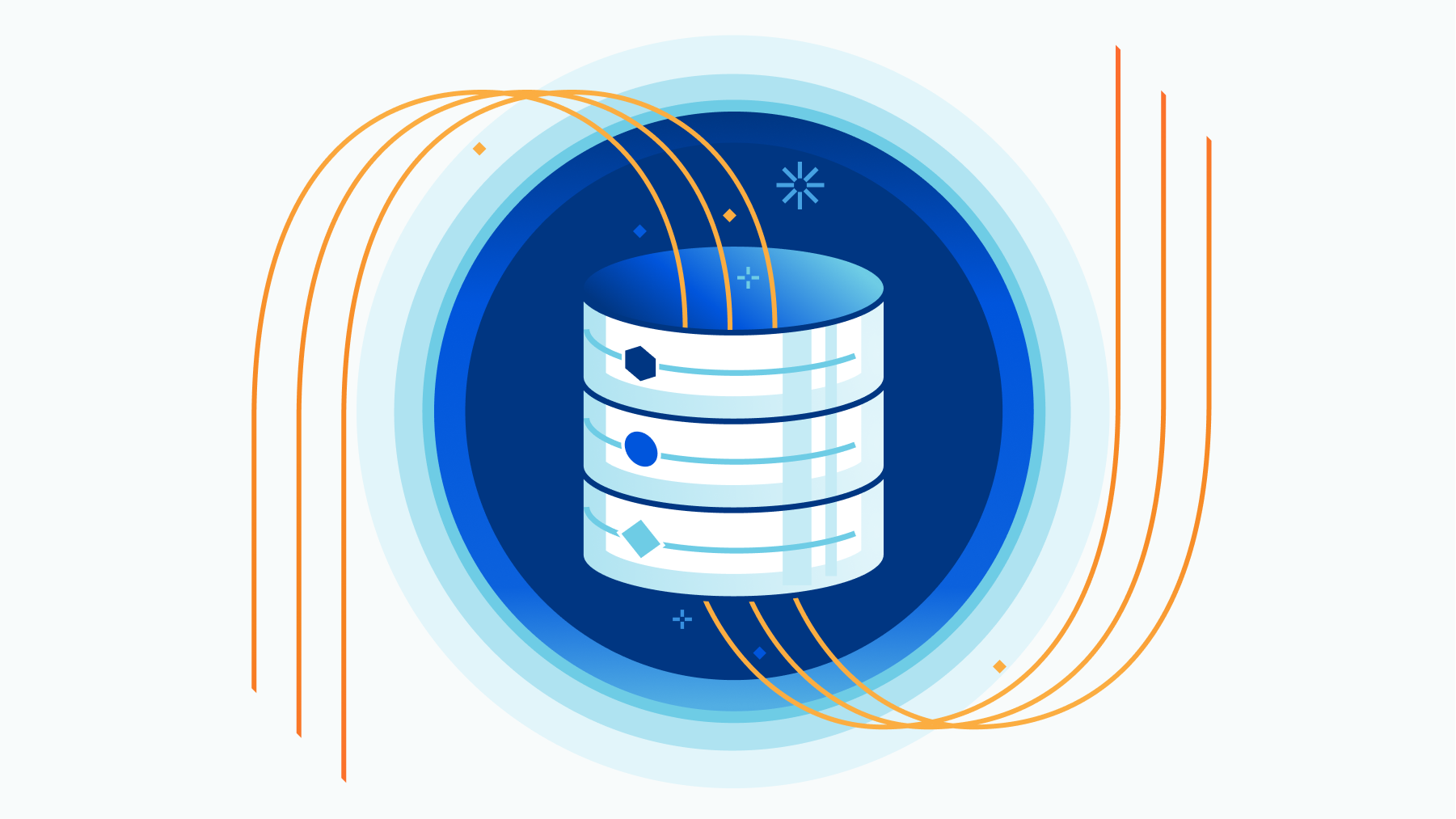SQL Server vs Azure SQL
 Patrick Kearns
Patrick Kearns
SQL Server has long been the go to relational database for businesses running applications on premises. With the rise of cloud computing, Microsoft introduced Azure SQL, a managed database service designed to offer flexibility, scalability, and reduced maintenance overhead. Both options share core SQL Server capabilities, but their differences can have a big impact on performance, management, and cost.
Deployment and Management
SQL Server is a traditional relational database that requires infrastructure. Whether it runs on bare metal or virtual machines, someone needs to install, configure, and maintain it. That means handling backups, patching, performance tuning, and security updates. Companies with strong database administration teams often prefer this level of control, as it allows for custom configurations tailored to specific workloads.
Azure SQL takes away much of the operational burden. As a managed service, Microsoft looks after patching, updates, and availability. Businesses looking for a database without worrying about infrastructure often find this appealing. It runs in Microsoft’s data centres and comes with built in high availability and disaster recovery. That means less hands on management but also fewer customisation options.
Performance and Scalability
SQL Server gives full control over performance tuning. Indexing strategies, partitioning, and query optimisation can be fine tuned based on workload demands. Since it's self managed, the performance depends on the underlying hardware and configuration. If the application grows and needs more power, scaling usually involves upgrading hardware or moving to a more powerful virtual machine.
Azure SQL is built for dynamic scaling. Compute resources can be adjusted up or down without significant downtime. It also includes intelligent performance optimisation features, such as automatic tuning and query performance insights. While this offers great flexibility, those used to tweaking every aspect of SQL Server might find the automation limiting.

Security and Compliance
On premises SQL Server provides full control over security policies. Companies handling sensitive data often prefer to manage their own encryption, firewalls, and access control. This setup works well for industries with strict regulatory requirements, where specific configurations need to be in place.
Azure SQL includes built in security features like threat detection, advanced auditing, and encryption at rest and in transit. Microsoft handles much of the security infrastructure, reducing the risk of misconfigurations. Compliance with industry standards such as GDPR, HIPAA, and ISO 27001 is part of the service. That makes it easier for businesses that need secure databases without managing everything in house.
Cost Considerations
Licensing SQL Server requires an upfront investment. Whether using per core licensing or Software Assurance, costs can be significant, especially when factoring in hardware and maintenance. Organisations with predictable workloads often find this model suits them better.
Azure SQL follows a pay-as-you-go model. Pricing depends on compute resources, storage, and feature usage. This can lead to cost savings for businesses that don’t run workloads 24/7 or need the ability to scale up and down. While operational expenses may seem lower, long term costs can add up if usage isn’t optimised.
Choosing the Right One
The decision between SQL Server and Azure SQL depends on business needs. If full control, custom configurations, and self managed security are priorities, SQL Server remains the better choice. For businesses looking to reduce infrastructure management, scale easily, and take advantage of cloud automation, Azure SQL is the way forward.
For many, the best option is a hybrid approach. Some workloads benefit from the fine tuned control of SQL Server, while others gain efficiency from Azure SQL’s managed services. As cloud adoption continues to grow, business’ increasingly find themselves balancing both to get the best of each.
Subscribe to my newsletter
Read articles from Patrick Kearns directly inside your inbox. Subscribe to the newsletter, and don't miss out.
Written by
